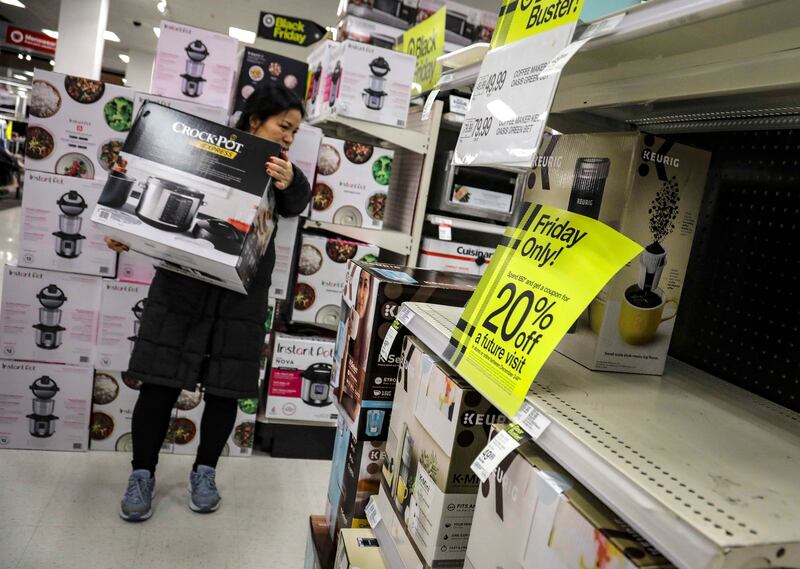Christmas is a fixed point on the calendar. It doesn’t change from year to year. Unlike a pandemic, it’s something for which people can plan.
This year’s pandemic, however, might make some people more inclined to overspend even a well-planned budget.
2020 has been tough. Perhaps you feel you and your family deserve a little extra. Maybe you’re feeling sorry for yourself because Thanksgiving will be subdued or because you have to wear a mask to go to a store.
But if you can’t afford such expenses, it’s best to reconsider. The way to make 2021 better than the current year is to make sure January isn’t a dark month of regret, or that Christmas doesn’t take months, or longer, to pay off.
As Ted Rossman, industry analyst at CreditCards.com, told WCNC in Charlotte recently, “Taking on holiday-related credit card debt in 2020 feels like adding insult to injury.” In a year of unplanned trouble, extra debt is one trouble people may elect to avoid.
The Christmas season should be about so much more than spending money. It should be about service, kindness, gratitude and both teaching and learning lessons about what matters most in life. It can be about establishing these values in ways that create new traditions.
Many people have suffered job losses or health problems in recent months. Perhaps now is the time to direct some of your resources to help those in need.
Last year, according to a survey by the Motley Fool website, the average American who bought Christmas gifts spent $928.76 total, including food, decoration and travel expenses, among other things. From there, the statistics become troubling.
While 56.3% of Americans made out a budget for Christmas, only 64% actually stayed within it. Meanwhile, 21.5% percent took on debt over Christmas, and while 29.7% of them planned to repay this debt with money from an income tax refund early in the year, another 27.5% had no idea how they would pay off the balances owed.
That was a relatively normal holiday season during a robust economy. This one should be different.
Underlying a culture of overspending is a total credit card debt nationwide of just under $1 trillion, or $6,071 per cardholder, according to usdebtclock.org. These represent monthly obligations that keep many people from meeting their needs, let alone their financial goals.
For many years, the Friday after Thanksgiving, known as Black Friday, has become capitalism’s most important day of the year. It is an early indication of the robustness of the holiday shopping season, which can be a bellwether for the strength of the economy overall.
But that event has grown from one day into many. Arguably, it began this year with Prime Day in October, which ushered in many sales. And this year, unlike many previous years, much of the shopping will be done online because of the pandemic.
None of these is inherently bad. But that same Motley Fool survey found that 41.9% of those who overspent for Christmas last year were enticed by sales or special store offers, which already are entering homes through a variety of ways. And, as creditcards.com notes, the average credit card interest rate is almost 16%.
The key to avoiding trouble is as simple as drafting a budget and committing to stay within it. That may be more important this year than any previous one — for your own financial security, for the nation’s economic strength, and for your ability to help those who are suffering.

